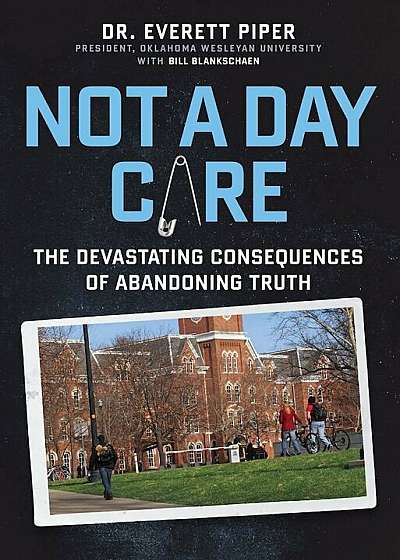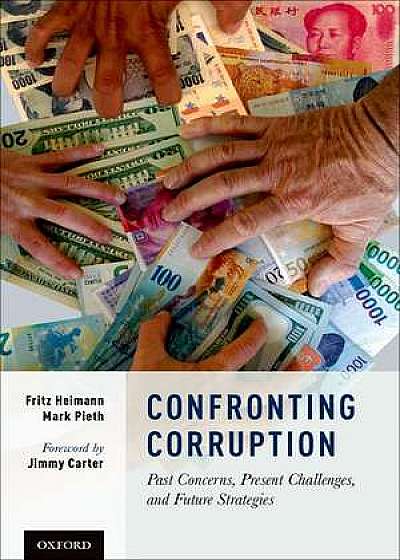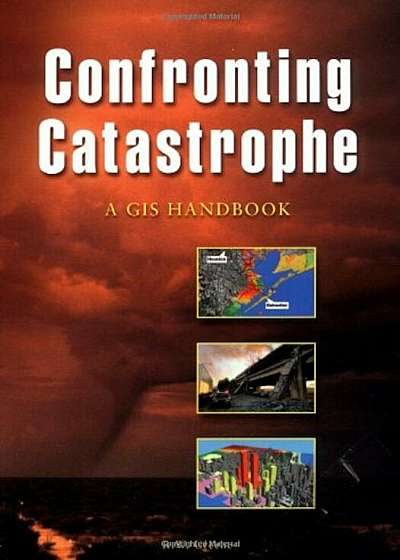
Confronting Fascism: Discussion Documents for a Militant Movement, Paperback
Descriere
Confronting Fascism: Discussion Documents for a Militant Movement is a series of documents that came out of conversations revolutionaries in and around Anti-Racist Action were having at the highpoint of the previous wave of antifascist organizing in North America. Originally published in 2002 as a collaboration between Kersplebedeb, ARA Chicago, and the anarchist magazine Arsenal, Confronting Fascism is structured around a text by Don Hamerquist, ``Fascism & Antifascism.`` Hamerquist takes a wrecking ball to the mythology around fascism that had been traditionally peddled by the reformist left; against objections that fascists are just a distraction, or are simple-minded agents of the state and capital, he shows how fascism contains a revolutionary and even anticapitalist impulse thoroughly enmeshed with its own deeply oppressive and anti-liberatory politics. Unraveling what this means for antifascists and our strategies is the task at hand, and Hamerquist proceeds to lay down some important preliminary realities that we need to deal with. Almost twenty years later, what is most striking is how prescient so many of Hamerquist's observations were, not only about the ambiguously dynamic appeal of fascism, but also about the specific characteristics of antifascist work and the advantages and disadvantages they confer. J. Sakai follows, arguing against the idea that fascism comes primarily from the working class, just as he extends the point that fascism is not an inherently or essentially ``white`` ideology. A discussion of different forms of capitalist rule, the class structure of global imperialism, and the history of anticapitalist critique within both Italian and German ``classical`` fascism, flows into a contemporary contextualization of fascism within the neocolonial context; throughout, Sakai shows that support for fascism comes primarily from middle class men who are losing or being denied their traditional privileges, what many consider their birthrght, as a r






